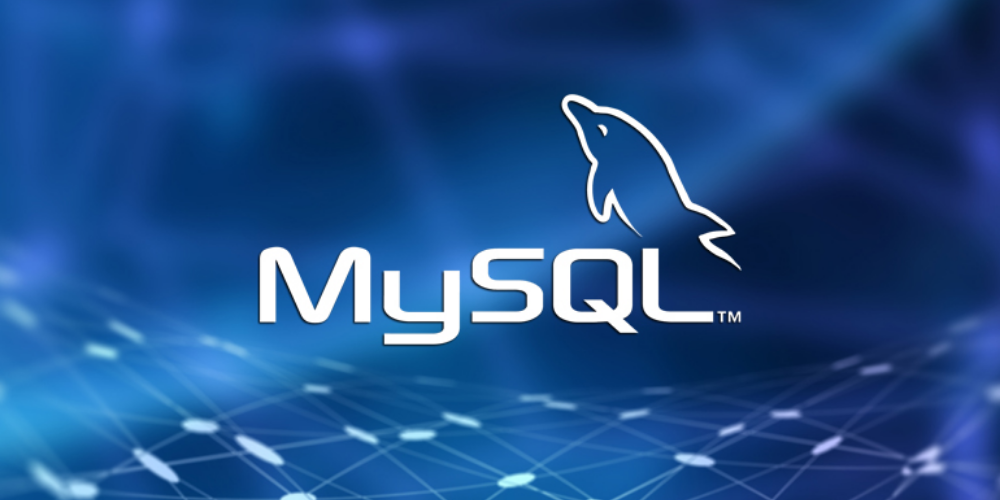
What is MySQL? Understanding MySQL, How it Works, and Its Advantages
MySQL is one of the most popular and widely used relational database management systems (RDBMS) in the world. Developed in 1995 by MySQL AB, the software is now under the auspices of Oracle Corporation. MySQL is known for its efficient data management capabilities, flexibility, and compatibility with various platforms and programming languages.
In this article, we will discuss in depth the meaning of MySQL , how it works, its advantages, disadvantages, and its functions in the world of information technology.
What is MySQL?
MySQL is a SQL (Structured Query Language) based database management system that allows users to store, manage, and retrieve data in a structured manner. As open-source software, MySQL gives developers the freedom to modify and distribute the software as needed.
MySQL’s functions are very diverse, ranging from storing large amounts of data to supporting web-based applications, such as content management systems ( CMS ), e-commerce, to enterprise applications.
Some important facts about MySQL databases :
- Widespread use : MySQL is often used to build web-based applications such as WordPress, Joomla, and Drupal.
- High compatibility : Supports multiple platforms, including Windows, Linux, and macOS.
- Efficiency focus : Ideal for small to medium-sized applications that require lightweight yet reliable data management.
Advantages of MySQL
As one of the leading RDBMS, MySQL has many advantages. Here are some of them:
1. Open source
One of the main attractions of MySQL is its open-source nature. Developers can use and modify the software for free to suit their needs. This makes it an ideal choice for startups or small companies on a budget.
2. Guaranteed Security
MySQL comes with various security features such as user authentication, encryption, and privilege-based access control. This makes it very reliable for managing sensitive data.
3. Multi-user
MySQL allows multiple users to access and manage databases simultaneously without affecting system performance.
4. Supports Other Programming Languages
MySQL can be easily integrated with various programming languages such as PHP, Python, Java, C++, and others. This flexibility makes it easy for developers to build applications with strong database support.
5. Doesn’t require a lot of RAM
Compared to other database management systems, MySQL requires fewer resources. This makes it ideal for low-spec servers.
6. Supports Various Types of Data
MySQL supports various data types, such as strings, numbers, dates, and binary data types. This support provides developers with the flexibility to store various types of information.
7. Flexible Table Structure
The table structure in MySQL is very flexible, allowing developers to easily add, delete, or modify tables without affecting other data.
8. Industry Standards
As one of the most widely used databases in the world, MySQL follows industry standards that make it compatible with most applications.
MySQL Disadvantages
Despite its many advantages, MySQL also has some disadvantages that need to be considered:
1. Less suitable for games and mobile applications
MySQL is less ideal for applications that require high speed and large data loads, such as online gaming applications or mobile applications with millions of users.
2. It is still difficult to manage large databases
When a MySQL database becomes very large, its performance can suffer. This can affect query speed and overall data management.
3. Not good in terms of technical support
Because it is open-source, technical support for MySQL is sometimes not as good as other commercial database solutions. Users often have to find solutions on their own through the user community.
How MySQL Works
How MySQL works can be explained as follows:
- Users send SQL commands
Users or applications send SQL commands, such as SELECT, INSERT, UPDATE, or DELETE, to the MySQL server. - Server processes commands
MySQL Server analyzes, interprets, and executes received SQL commands. - Data is retrieved or manipulated
Based on commands, MySQL retrieves data from the database, stores it, or manipulates existing data. - Results returned to user
Once the command has finished executing, the results will be returned to the user or application.
A simple example of how MySQL works :
For example, you have a table called customers with columns name and email. If you want to retrieve all customer data, you can use the query:
sqlCopy codeSELECT nama, email FROM pelanggan;MySQL will execute this query, retrieve data from the customers table, and return the results to the user.
Conclusion
MySQL is a very popular database management system due to its flexibility, reliability, and ability to handle a wide range of data management needs. With advantages such as its open-source nature, multi-user support, and compatibility with various programming languages, MySQL is the first choice for many developers and companies.
However, MySQL also has some drawbacks, such as being less than ideal for large-scale applications or complex technical needs. Therefore, choosing MySQL as a database system should be tailored to the specific needs of your project or organization.
By understanding MySQL , how it works, and its advantages and disadvantages, you can make the most of it to manage data in your application. Are you ready to use MySQL for your next project?
References: hostinger.co.id , biznetgio.com .
Author: Yazid Yusuf – Directorate of Information Technology Center


